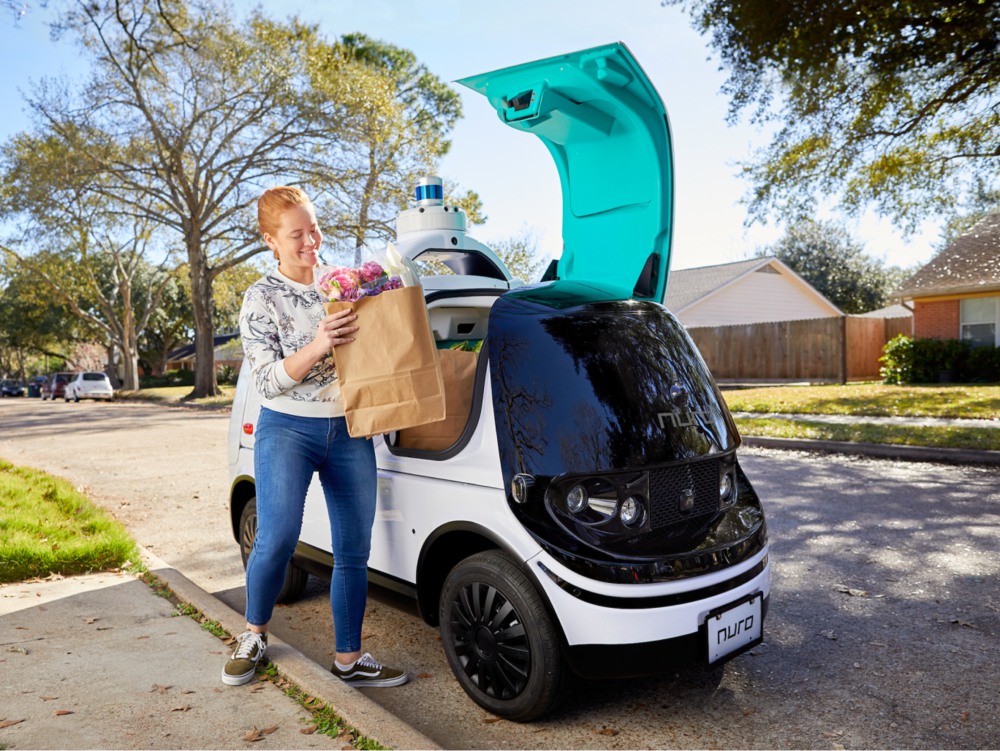Until now, autonomous vehicles on America’s roads had to pass the same crash tests as conventional vehicles. Something that represents a significant expense that slows down its development and makes its products more expensive and seem, to a certain point, absurd since many of these prototypes are not designed to carry people, but had to pass the requirements of those who do transport them.
That is why the outgoing administration has signed a change in regulations that exempt autonomous cars from some of these requirements.
According to the National Highway Traffic Safety Administration (NHTSA), the new rules will allow manufacturers of those destined to transport only goods, not carrying out specific crash tests designed to know the occupants’ impact. New regulations will give designers more freedom when creating autonomous vehicles that, for example, can dispense with elements such as the steering wheel or pedals.
The NHTSA has indicated that they are seeking that the regulations are not a barrier to developing a technology designed to revolutionize transportation and substantially improve safety on the roads.
According to its estimates, the American agency itself has indicated that this regulatory change will allow autonomous vehicle manufacturers to save about $5.8 billion over the next 30 years or about $995 per unit.
The Self-Driving Coalition, a group that includes Alphabet’s Waymo, Ford Motor, Uber, and others, said the rule addresses “barriers to innovation while preserving the important safety protections afforded to vehicle occupants by current NHTSA standards.
However, not everyone is good at sharing and some sectors indicate that this movement comes under pressure from the technological giants. They seek to accelerate their products’ development even without having legislation or regulation that shows the minimum performance standards for autonomous driving systems.

